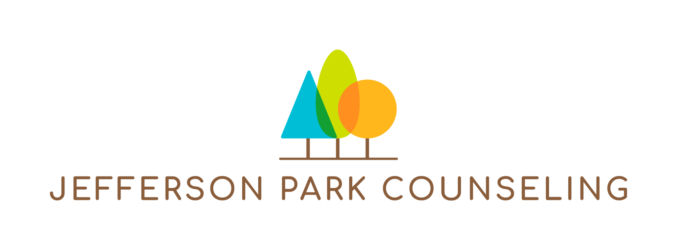
Anxiety can be one of the most crippling and paralyzing emotions we can experience. It can devastate us, and restrict us from enjoying our lives. Anxiety can drive a wedge in relationships and adversely affect our careers. It is extremely common with the Millennial generation, so much so that it is being called a silent epidemic. Anxiety is becoming so widespread that there is not much stigma in admitting that you experience anxiety attacks or suffer from insomnia. Anxiety can go overlooked and untreated, and like any other issue, it will only get worse. Unaddressed anxiety can lead to stomach pain, headaches, back pain, and insomnia.
Worse yet, anxiety can make us feel alone and hopeless. Relief can seem impossible and out of reach. Our own personal attempts to handle it often seem fruitless or unsuccessful. So what to do? Hundreds of studies have empirically proven that cognitive behavioral therapy can significantly reduce or eliminate symptoms of anxiety.
Cognitive-Behavioral Therapy(CBT) starts with recognizing your anxious thoughts and readjusting your thoughts to cause a different emotion. It starts with a very structured process that becomes ingrained until it is second nature. Then therapy is terminated with no fear of backsliding to old habits. CBT works by using relaxation techniques along with monitoring your thought processes. There are many books available to learn more about this mode of therapy but it ultimately starts when you meet with a therapist. Meeting in the office allows for an outside look at your thought processes and an opportunity to learn helpful techniques that are proven to reduce anxiety.
Mindfulness is another popular modality for treating anxiety. It has become very prevalent and has been featured in the news, apps, magazines and books. The idea of quieting your mind and finding internal peace resonates with our fast paced society where we are constantly on, refreshing twitter for the latest news or checking for a work email. Its no surprise that there is also a rise in sleep disorders when we have this cultural expectation to be completely alert and ready up until we try to fall asleep. Talk about trying to reverse course.
Intentionally slowing down and trying to gain awareness of our thoughts and feelings help puts us in the driver seat where we are then able to be intentional with our actions, and can choose to slow down and quiet our thoughts. This approach favors balance and awareness, and while it seems passive it can yield great results.
The good news is that despite anxiety being so prevalent and widespread, qualified therapists are just as available. The first step is to call and schedule an appointment. Not only is that the quickest route to relief, it is also the only proven way. We are ready when you are.

